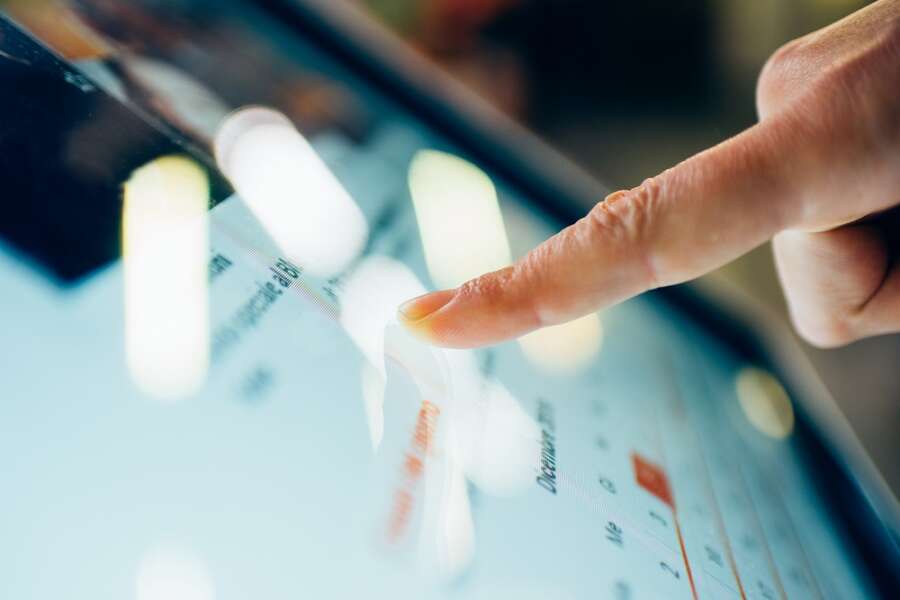
By: Mijo Soldin, Director of Operator Partnerships and Strategy, Infobip
With 5G technology promising to transform mobile communications globally, the roll out is quickly gathering momentum in the UK – in fact, network operator BT has said that by 2028, its EE 5G mobile network would cover 90% of the UK’s landmass. 5G will go a long way to facilitate better and faster customer experiences, but only with the right infrastructure in place. Deloitte argues, “digital transformation initiatives that are in flight or being planned must consider where and how 5G and edge computing capabilities can offer benefits and address financial and operational challenges.”

Mijo Soldin, Director of Operator Partnerships and Strategy, Infobip
But how can businesses make the most of 5G technology?
Enhanced customer expectations
According to the GSMA, “5G provides the ability to connect people and things better, faster and more efficiently.” The technology enables data to be transferred quicker than ever before and with less latency. As a result, consumers will be more demanding when it comes to a 5G-powered CX. They will expect brand interactions to be conducted in real-time, to be personalised, and to be on the platform of their choice. Seamless and frictionless mobile interactions and transactions will become the new standard.
The importance of delivering great CX and satisfying these demands has been heightened by the COVID-19 pandemic. Infobip research of 2,000 British people found that over a third (33%) have higher expectations for customer service since the first lockdown and a third (32%) said they will not spend with a business that provides poor service again. Getting CX right isn’t just a question of one lost sale, it could mean a customer decides never to spend with you again.
While consumers are quick to pick up new trends and technology, it seems service providers are lagging behind. According to Ericsson’s latest 5G report, 40% of current 5G users are satisfied with network speeds offered, but only 29% are satisfied with the innovative apps and services included as part of a 5G plan. The report claims that “service providers need to think beyond existing bundled 4G services, such as music and video streaming, and move towards services that could differentiate a 5G experience and promote a sense of novelty and exclusivity.”
Service providers also need to consider the specific jobs or activities consumers want to achieve with 5G. The same report from Ericsson identified five areas where consumers hope 5G will help them: to be productive and efficient; to be creative; to enable new ways of connecting and socializing; to increase novelty (thrill, surprise, discovery), and rewards. Businesses need to use 5G as an anchor point for them to develop new – or enhance existing – experiences for their end customer.
5G boosting digital channels
While 5G will increase the speed of interaction, its technology will also create the conditions for a wide and growing set of revolutionary new service propositions and channels.
We know that since the onset of the pandemic, people are embracing digital more than ever. In fact, Infobip research found that 35% of people are happier to engage with brands on more digital channels since March 2020. This has led to the rise of newer, conversational channels like WhatsApp and Viber, becoming a necessity for brand interaction and customer support. With increased capacity, 5G will ensure the reach of these channels continues to grow.
Many experts have also predicted that 5G will lead to a boom in video and augmented reality (AR) technology, as part of the more immersive and instant CX consumers’ demand.
Take Rich Communication Services (RCS), for example, the next generation of SMS which gives brands the opportunity to make use of business feature-rich mobile messaging using chatbots and artificial intelligence (AI). Through RCS, businesses can embed logos, images, videos, and carousels directly into messages sent to a mobile device. They can also analyse the messages they send out and understand in more detail how consumers have engaged and interacted with each. This will enable brands to fine-tune their activities and deliver timelier, personalised messages, increasing the chance of sales conversions.
RCS has been touted as the next big thing for a while now, but with data-based messaging at its core, 5G’s flexibility, bandwidth and low latency will turbocharge its use.
Remembering In-person touchpoints
5G technology awards companies with the dual benefit of upgrading digital and in-store interactions. In the not-so-distant future, shoppers could be welcomed with a carefully crafted, personalised message sent to them as they enter a store. Ericsson’s latest 5G report further reimagines the browsing and shopping experience in 2025: “You then take a walk to grab lunch and your 5G-powered AR glasses provide real-time contextual AR advertising, reviews and ratings, which are virtually anchored to specific locations. The AR navigation assistance leads you to nearby restaurants, offering discounts based on open AR cloud technology.”
The intuition and connectivity of 5G allows companies to captivate customers when they are most likely to make a purchase – and this technology could be the difference between a completed purchase and an empty basket. Nevertheless, 5G technology does require preparation from businesses to ensure it delivers a faster, smoother and more personalised experience – and that should be the focus for the year ahead.


